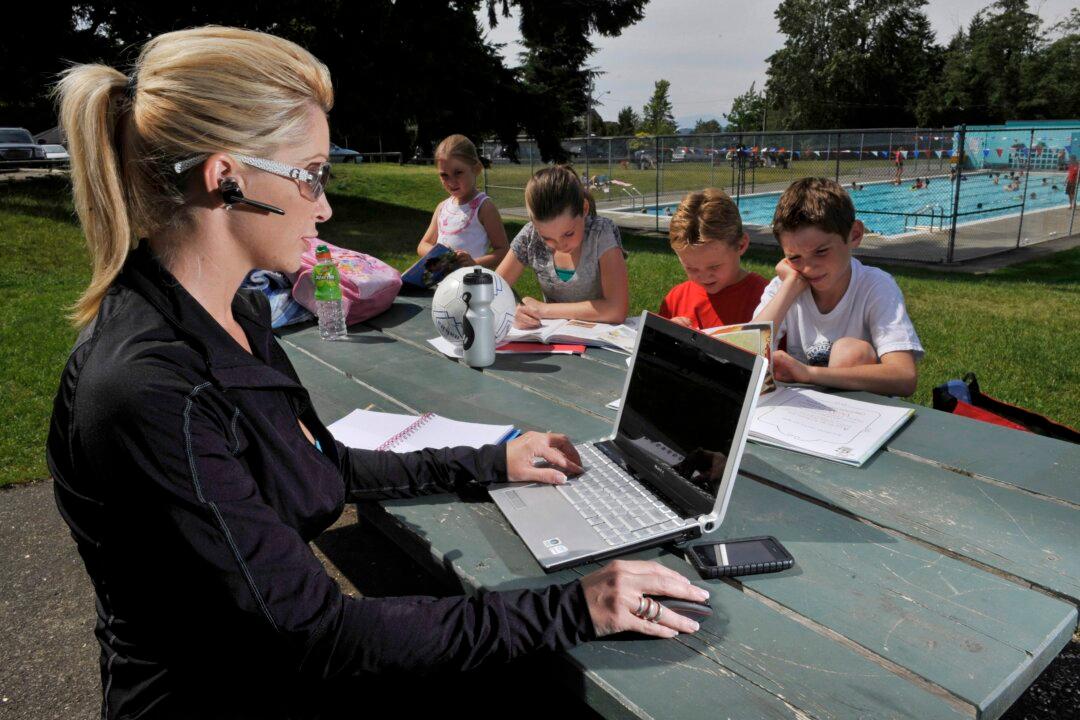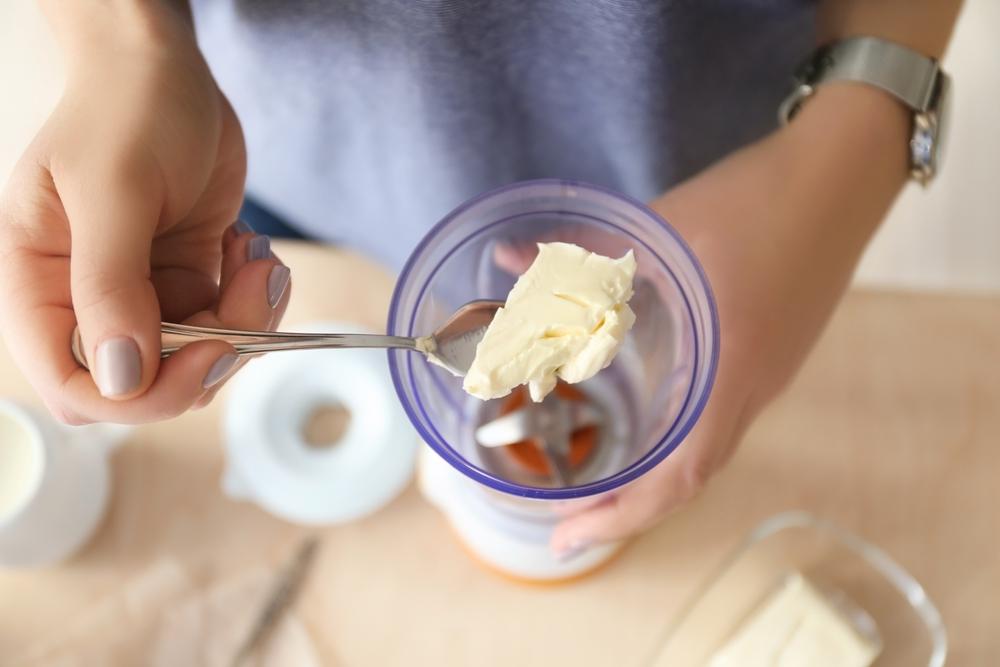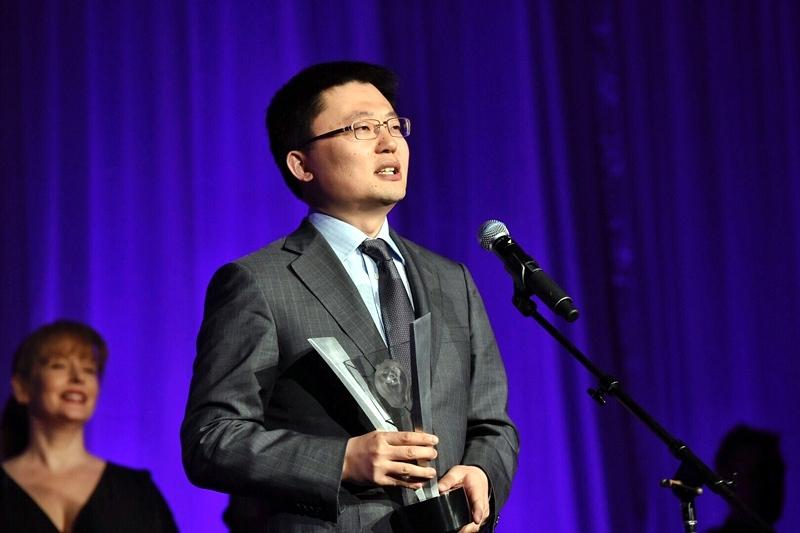It’s a well-trodden path for today’s first-time parents. They read all the latest parenting books, buy the trendy baby gear, and decide on the strategy: naturally birthed, breastfed, self-soothed, Montessori-schooled. All set.
Then the baby is born, and the best-laid plans can go out the window faster than a decent night’s sleep. When babies and children don’t follow their parents’ well-researched expectations, feelings of failure and disappointment can soon creep in.
Pressure from the pursuit of parenting perfection while juggling multiple roles, or what researcher Carrie Wendel-Hummell calls being a “super-parent,” is leading to depression and anxiety, especially for women, she says.
But it doesn’t have to be this way.
The Changed Face of Parenting

Parenting is just so much less predictable and so much more learning through hands-on than other prior experience, according to Wendel-Hummell, a researcher at the University of Kansas. Sean Gallup/Getty Images




